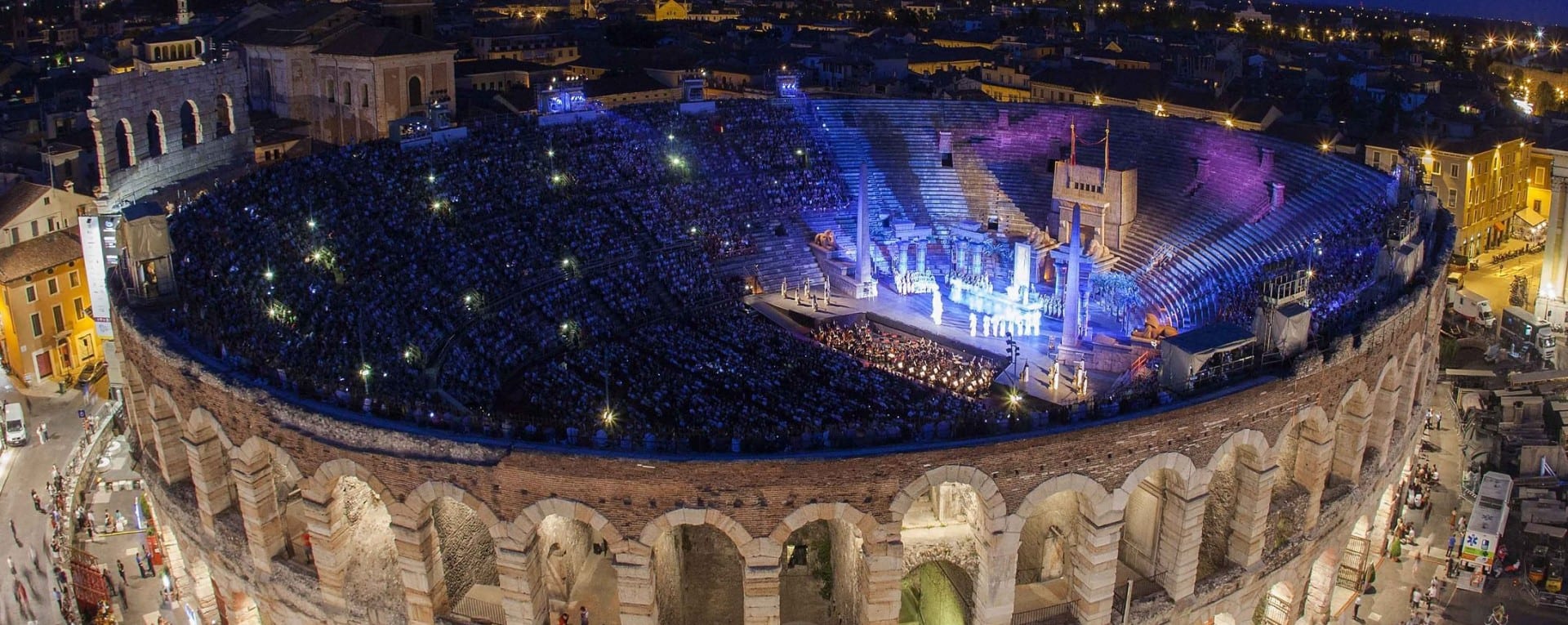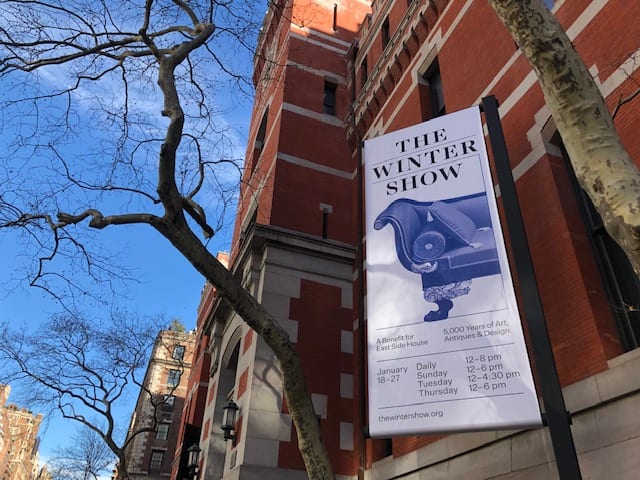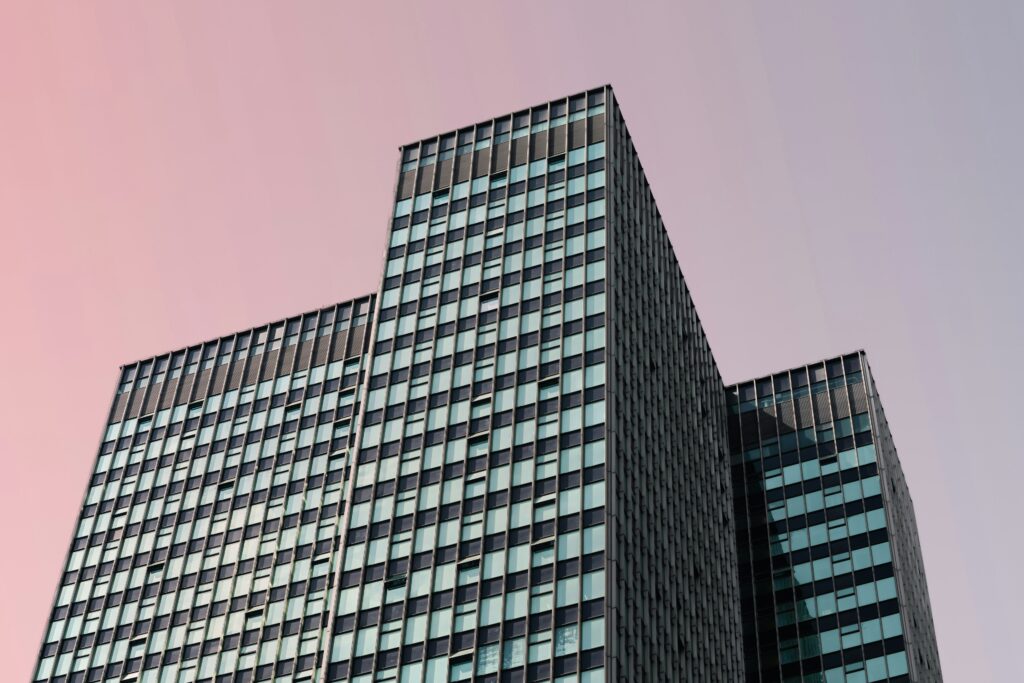Italy is synonymous with opera. Indeed, an operatic event can be the highlight of your vacation. This is particularly true when you attend the open-air Arena di Verona, the intimate surroundings of Sorrento’s Museo Correale di Terranova, and the world-renowned Teatro alla Scala in Milan.
Verona

The Verona opera season runs from around June to the end of August. Check the times and dates of performances before you leave for Italy. You should also consider booking in advance because, as with most operas, tickets are popular. The open-air Roman amphitheater that hosts the Verona opera season is unique. Before the opera, and during the breaks, the conversation of the operagoers echoes on the ancient stone colonnades, while the beer and sandwich vendors shout “birra” and “panini” above the noise. If you opt to sit on the stone terraces rather than in one of the chairs in front of the stage, either take a cushion or hire one as you enter the amphitheater. A stone seat is not just hard; it can become cold as the night closes in.
Sorrento
Opera during the summer in Sorrento is a different but nonetheless enchanting experience to that of Verona. The evening begins with a glass of wine in the garden of a local museum, the Museo Correale di Terranova, where bats flit between the trees. You then enter one of the elegant rooms of the museum together with a fraction of the people who attend a performance at Verona. The musical structure of the evening also differs. Instead of a full opera with a large cast, you can enjoy listening to three tenors and a small group of musicians. The tenors sing popular arias from major works–and have a little fun at the same time.
Milan

La Scala, the abbreviated form of Teatro alla Scala, is possibly the most famous opera house in the world. Since 1778, La Scala has premiered major operatic works and now offers opera and ballet throughout the year. Evenings at La Scala are formal: If you wear a T-shirt or shorts, you won’t progress beyond the door. Then again, dressing tastefully and with decorum is part of the occasion. One particular advantage of La Scala is that the seats have monitors that can provide an opera’s text in English. If time permits, you may also wish to visit the museum attached to La Scala. The exhibits provide insights into operatic history.
In Italy, opera is both serious and fun. It is also highly professional. As such, even if you don’t quite know what to expect, the grandeur, ambience, and delight of a special musical experience will entertain you.
















